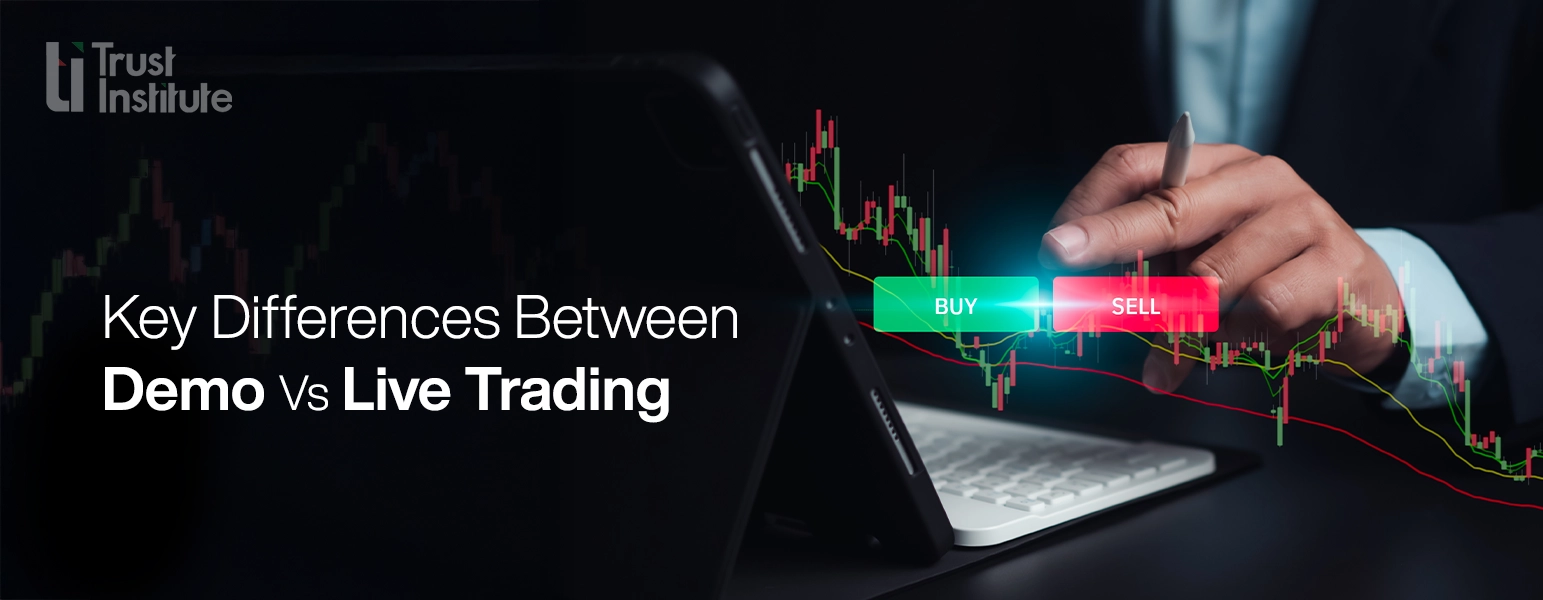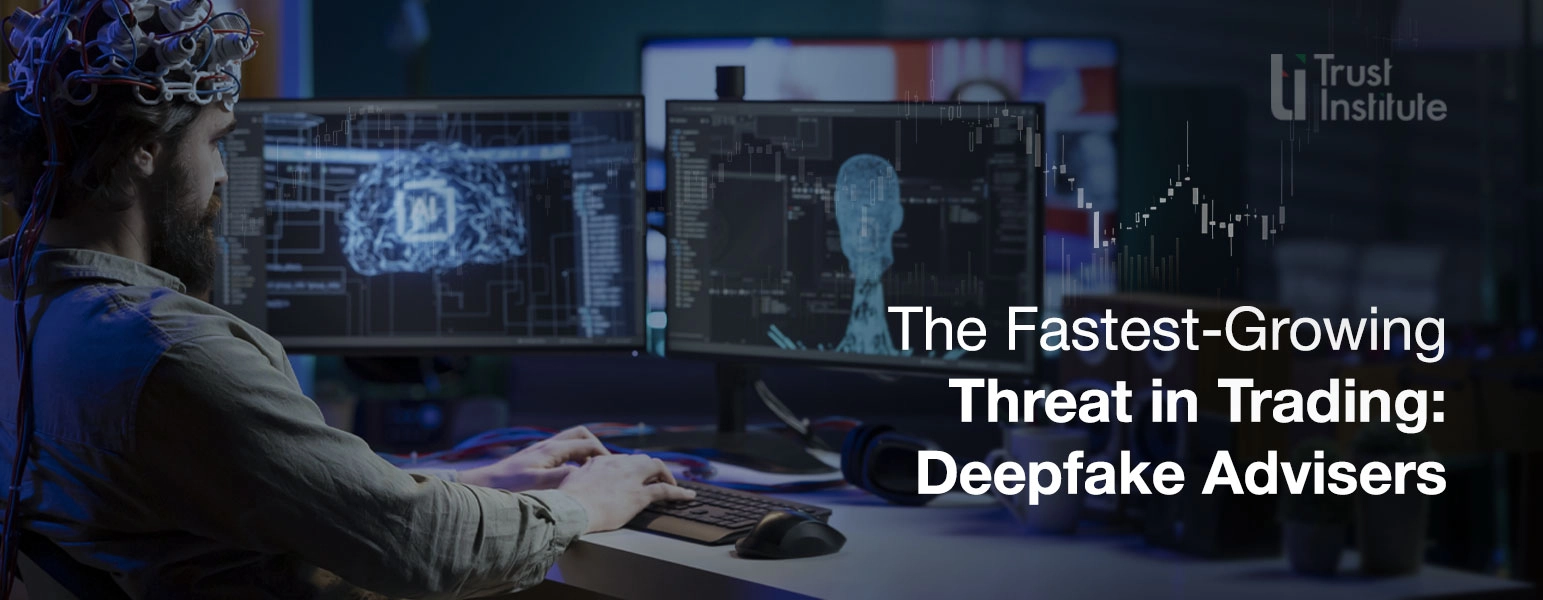Explore the world of financial trading and
gain the knowledge and tools for success with our expertly
written articles and blogs.

How Overconfidence Destroys Portfolios

Trading can be one of the most rewarding endeavors for those who approach it with discipline, strategy, and patience. However, the same market that offers immense opportunities can quickly become a minefield for traders who fall victim to their own minds. Among the many pitfalls in trading psychology, overconfidence stands out as a silent but destructive force, capable of dismantling even the most carefully built portfolios
Understanding Overconfidence in Trading
Trading psychology and overconfidence go hand in hand. Overconfidence arises when traders overestimate their knowledge, skill, or the probability of success. This psychological bias may manifest as the belief that past successes guarantee future profits, leading traders to take excessive risks or ignore warning signals.
How overconfidence affects traders is multifaceted. It often causes traders to trade too frequently, increase position sizes without proper risk management, or disregard stop-loss orders. While confidence is necessary for decisive action, overconfidence bias in trading turns rational decision-making into reckless behavior.
Dangers of Overconfidence in Forex
Forex trading, in particular, is highly susceptible to the dangers of overconfidence in forex markets. Currency pairs rush, influenced by global events, economic data, and market sentiment. Traders who believe they can predict every twist and turn without proper analysis often experience significant losses. Overconfidence may lead to underestimating volatility or ignoring fundamental and technical indicators, turning what should be a strategic plan into gambling.
Common Trading Psychology Mistakes
Overconfidence is among the common trading psychology mistakes that plague both novice and experienced traders. Some signs include:
- Ignoring risk management rules due to past wins.
- Increasing leverage to “maximize gains” without understanding potential losses.
- Holding losing positions, convinced the market will eventually move in their favor.
- Over analyzing successful trades while dismissing failures.
These behaviors are classic examples of emotional mistakes in forex trading, where feelings of invincibility cloud judgment and lead to irrational decisions.
Why Traders Lose from Overconfidence

So, why do traders lose from overconfidence? The answer lies in the mismatch between perception and reality. Markets are unpredictable, and even the most seasoned traders cannot control every variable. Overconfident traders often fail to adapt, sticking rigidly to flawed strategies and ignoring the lessons of market history. Consequently, small errors compound, turning minor setbacks into major portfolio losses.
Moreover, overconfidence leads to the illusion of control. Traders may believe they can time the market perfectly or predict price movements with uncanny accuracy. This illusion fosters impulsive trades and high-risk behaviors, creating a pathway for financial ruin. Studies have shown that overconfidence bias destroying portfolios is not just a theoretical concept—it is a common pattern seen across trading floors worldwide.
Mitigating the Impact of Overconfidence

Awareness is the first step in combating overconfidence. Traders can benefit from keeping a trading journal, strictly following risk management rules, and regularly reviewing their decisions with a critical eye. Peer feedback and mentorship can also help, as external perspectives often highlight biases that the trader may overlook.
Additionally, embracing humility in trading is crucial. Accepting that losses are part of the game and no strategy guarantees success helps traders stay grounded. Techniques such as setting realistic targets, maintaining discipline, and focusing on consistent, small gains rather than big wins can counteract the detrimental effects of overconfidence.
Conclusion
The allure of trading profits can sometimes blind traders to the psychological traps they face. Among these, overconfidence stands as a particularly dangerous adversary. Understanding trading psychology and overconfidence, recognizing how it affects decision-making, and actively mitigating its influence are essential steps for anyone serious about preserving and growing their capital. Remember, the market rewards discipline, humility, and preparation—not arrogance. Ignoring the dangers of overconfidence in forex and other markets may turn even the most promising trading journey into a cautionary tale.
All blogs
©TRUST TRAINING AND DEVELOPMENT INSTITUTE 2025
Disclaimer: Trust Institute is a KHDA-licensed educational institution based in Dubai, UAE. All training programs, materials, and content offered through our website and in-person sessions are provided strictly for educational purposes. We do not offer financial or investment advice, and we do not engage in or promote any trading activity.
Our courses are designed to increase knowledge and understanding of financial markets. Trust Institute is not a brokerage firm, does not manage client funds, and does not participate in any trading on behalf of its students.
Participation in financial markets, including Forex trading, involves significant risk and may not be suitable for everyone. Individuals are encouraged to conduct their own research and consult with licensed financial professionals before making any financial decisions.
By accessing our content or enrolling in our courses, you acknowledge and accept that Trust Institute is not liable for any financial outcomes resulting from the application of educational material shared. You agree that your use of this information is at your own discretion and responsibility.
Trust Institute is fully licensed and regulated by the Knowledge and Human Development Authority (KHDA) in Dubai, United Arab Emirates.







































